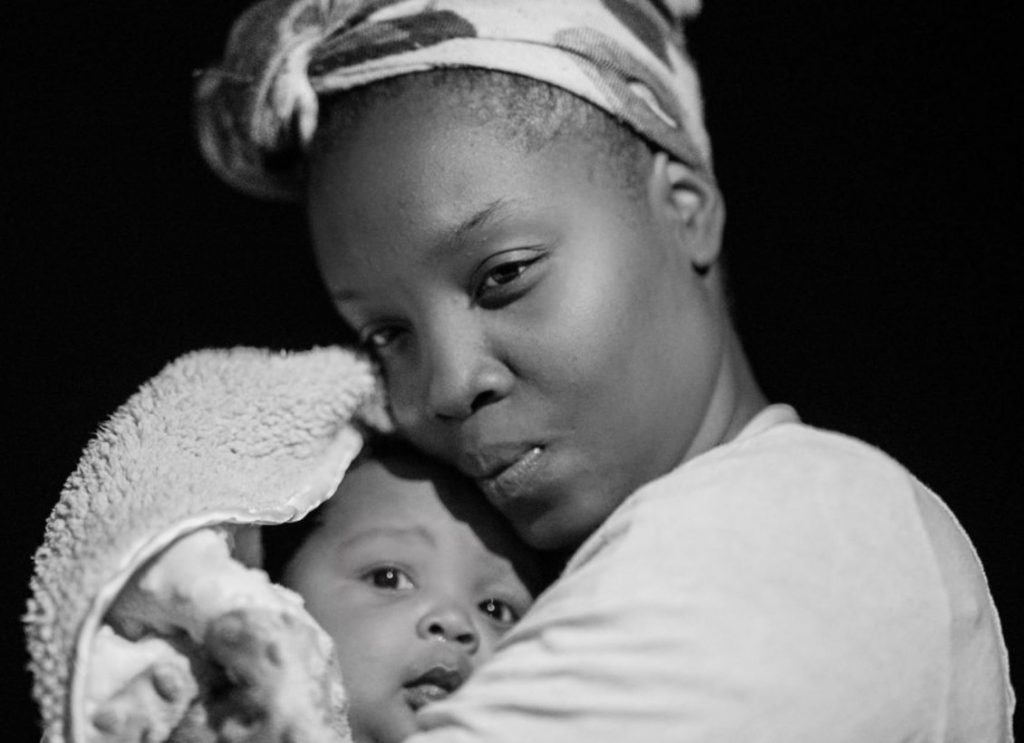It is a startling statistic. Black women are three to four times more likely to experience a pregnancy-related death than white women. In New York City, the rate is even higher; Black women are twelve times more likely to die in childbirth than white women. These outcomes cut across education and income levels.
There are many factors that contribute to this devastating reality, including poor access to reproductive health care, poor quality of maternal health care, poor cultural competency, social inequality, pregnancy discrimination, and lack of access to paid family leave, among others.
One factor lays at the root of all of these other factors: systemic racism. As Linda Villarosa recently wrote in the New York Times last week:
Though it seemed radical 25 years ago, few in the [medical] field now dispute that the black-white disparity in the deaths of babies is related not to the genetics of race but to the lived experience of race in this country.
Or as Dr. Sanithia L. Williams, an OB-GYN, said “Actual institutional and structural racism has a big bearing on our patients’ lives, and it’s our responsibility to talk about that more than just saying that it’s a problem.”
Black women are leading the movement to move the conversation from recognizing the problem to working towards the solution. Thanks to the vision and leadership of the Black women-led organization Black Mamas Matter Alliance, with whom ABB is partnering during this inaugural Black Maternal Health Week, various policy solutions have been proposed to improve Black maternal health outcomes including:
- Establishing maternal mortality review boards in every state to study how and why maternal mortality affects Black women at a higher rate;
- Expanding Medicaid coverage in the 18 states, including the majority of Southern states, that have yet to do so;
- Ensuring patients receive culturally competent, respectful care and have access to community health care providers;
- Ensuring access to paid family and medical leave;
- Expanding reasonable accommodations for pregnant workers;
- Improving the conditions of where people live and work, often referred to as the “social determinants of health,” i.e. better jobs and wages, improving education, providing better access to transportation, healthy food, and more affordable housing;
- Expanding access to reproductive health care.
Systemic racism and gender discrimination require systemic solutions. A Better Balance, together with our partners, is committed to working towards birth justice and better health outcomes and dignity for Black women.








